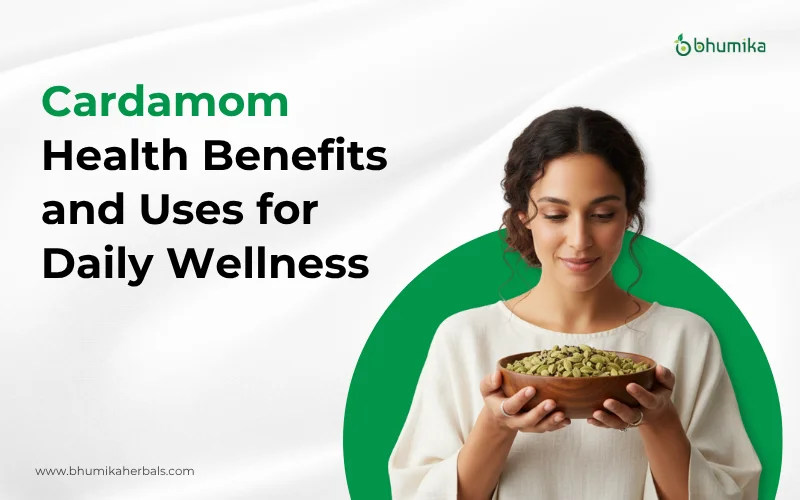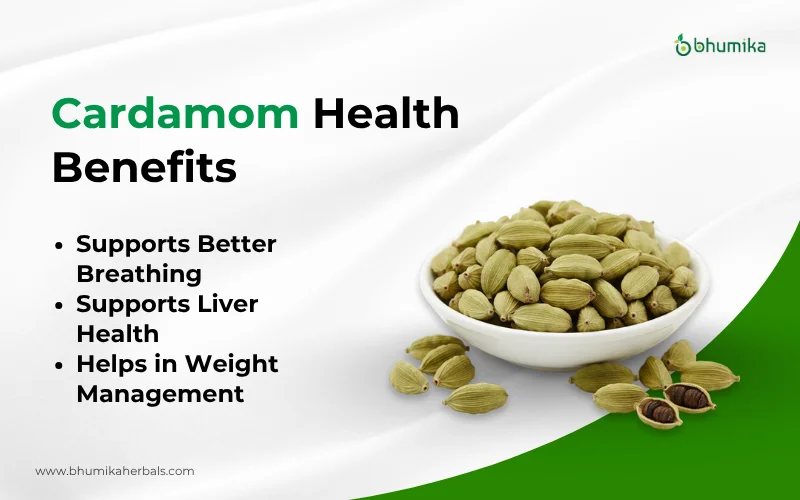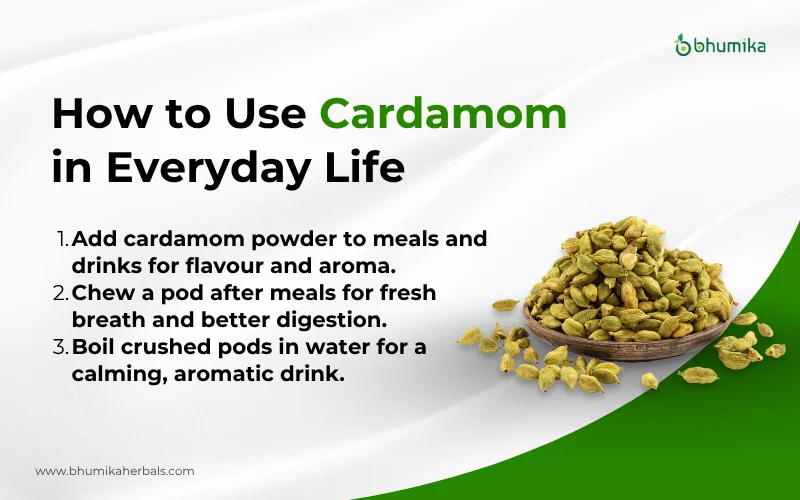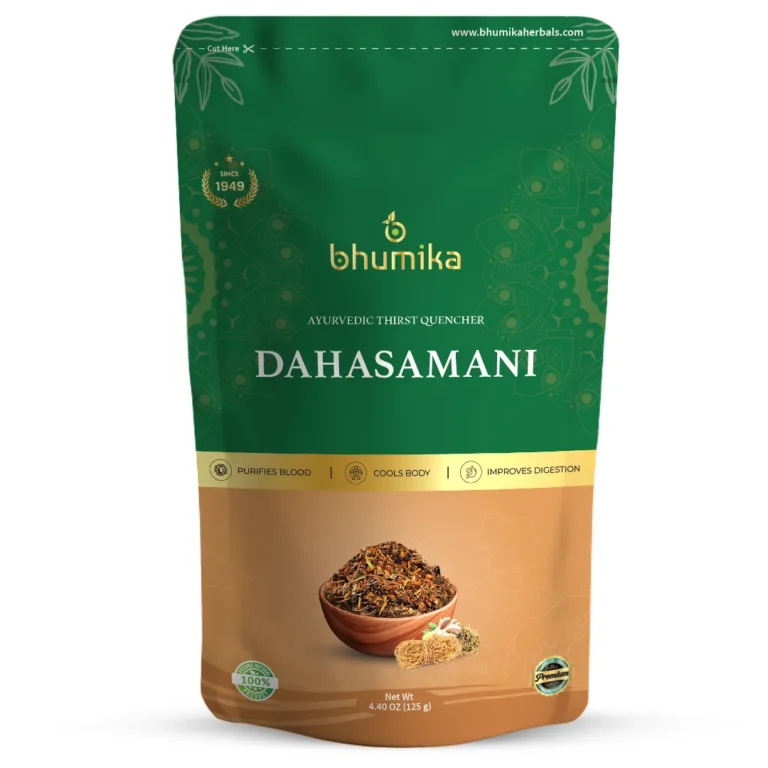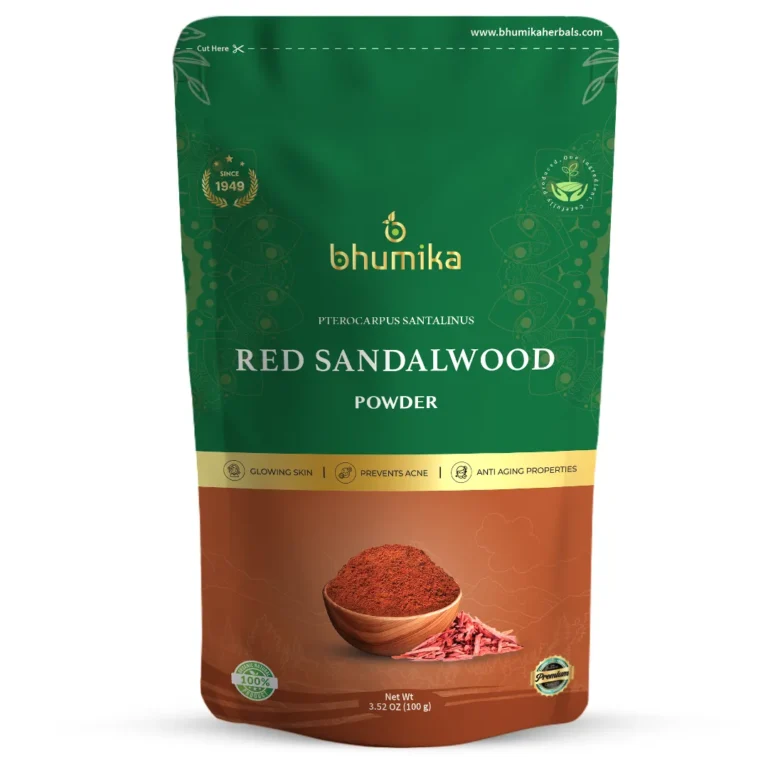Cardamom Health Benefits – Nutrition, Uses & Side Effects
Share this!
Cardamom, called the queen of spices, is a widely known aromatic spice used in cooking and for medicinal purposes. This famous spice from India is now used all around the world. It has a pleasant smell and a light sweetness that adds great flavour to both food and drinks.
The major cardamom health benefits include offering fresh breath, supporting respiratory and liver health, improving your mental well-being, reducing inflammation in the body, etc.
You can enjoy the benefits of cardamom by adding its powder or the pods themselves to different cuisines. In this article, we will learn some of the top health benefits of cardamom and how it can be incorporated into our daily lives.
What Is Cardamom?
Cardamom is a well-loved spice in India that is often added to sweets, tea, desserts, and many spicy dishes to give a nice aroma and mild sweetness. It is known by different names in various Indian languages, such as Yelakka (Malayalam), Elakkai (Tamil/Telugu), and Elchi (Gujarati). In Ayurveda, it is honoured as the “Queen of Spices” because it helps support both physical and mental health.
Cardamom comes from plants of the ginger family (Zingiberaceae). It appears as small pods with a thin outer shell and tiny black seeds inside. These plants mainly grow in warm, tropical regions like India, Nepal, Sri Lanka, Bhutan, Thailand, and Malaysia.
There are two main types of cardamom:
- Green Cardamom (Elettaria cardamomum): It has a strong, sweet fragrance and is commonly used in cooking and desserts.
- Black Cardamom (Amomum subulatum): It grows in hilly areas and has a smoky, cooling flavour.
Cardamom is also a nutrient-rich spice that provides protein, healthy fats, and vitamins like vitamin B6, vitamin B3, and vitamin C. It also contains minerals such as zinc, calcium, magnesium, and potassium. It is also full of antioxidants, which help reduce inflammation and protect the body naturally.
Cardamom Nutrition Facts
Cardamom, which is a light and healthy spice, does not contain many calories or carbs, and offers nutrients like vitamins, minerals, and fibre. About 100 grams of cardamom (around 50-60 pods) provides the following nutritional values:
|
Nutrient |
Value |
|
Fat |
6.7 g |
|
Calories |
311 kcal |
|
Protein |
10.8 g |
|
Carbohydrates |
68.5 g |
|
Calcium |
383 milligrams (mg) |
|
Vitamin B-6 |
.23 mg |
|
Iron |
14 mg |
|
Fiber |
28 g |
|
Magnesium |
229 mg |
|
Phosphorous |
178 mg |
|
Sodium |
18 mg |
|
Zinc |
7.47 mg |
|
Copper |
.383 mg |
|
Manganese |
28 mg |
|
Vitamin C |
21 mg |
|
Thiamin |
.198 mg |
|
Niacin |
1.1 mg |
|
Riboflavin |
.182 mg |
Cardamom Health Benefits
Cardamom is more than just a spice. It is packed with nutrients and healing properties that support overall health. Here are some of the top elaichi benefits:
Maintains Fresh Breath and Oral Hygiene
Today, while many people use chewing gum or mouthwash for fresh breath, cardamom serves as a natural option for supporting oral hygiene. Cardamom contains essential oils like cineole, which exhibits antibacterial and antifungal properties.
When you chew the small black seeds inside the pod, they release these oils, which can keep your mouth clean, fight bad breath, plaque, and gum problems. Unlike flavoured chewing gums that only give temporary freshness, cardamom can fight the real cause of bad breath and prevent bacteria that can lead to cavities.
Removes Toxins From The Body
Cardamom, being a diuretic, can help remove extra fluids, salts, and toxins from the body through urine. This process will support your kidneys and bladder, keep your body balanced, and reduce bloating.
Supports Better Breathing
The essential oils contained in cardamom possess calming and anti-inflammatory properties that help clear the airways. By adding cardamom to your tea or inhaling its warm steam, you can ease coughing, chest congestion, and breathing discomfort. It can help relax the muscles around the lungs, which makes breathing easier for those with asthma or bronchitis.
Controls Blood Sugar Levels
Adding a small amount of cardamom to your tea, coffee, or food not only enhances the flavour but can also help keep your energy steady throughout the day. It can prevent sudden spikes in blood sugar that often happen after eating sweets or heavy meals.
Thus, cardamom will help your body to use insulin more effectively, supporting balanced blood sugar levels and better overall health.
Supports Liver Health
Cardamom, rich in antioxidants, can protect liver cells from damage caused by harmful free radicals. These antioxidants can reduce inflammation, lower oxidative stress, and support the liver’s natural repair process, which will help it to work smoothly and stay strong.
Promotes Clear and Healthy Skin
Cardamom, rich in antioxidants, can provide healthy and glowing skin. It can protect the skin from damage caused by stress, pollution, and sunlight. The antioxidants contained in cardamom can support skin repair, improve elasticity, and make your skin look fresh and youthful. It also exhibits antibacterial and anti-inflammatory properties that can help calm irritation, reduce redness, and control acne.
Helps in Weight Management
Cardamom can support weight control. It helps improve digestion, reduces bloating, and makes your body feel lighter. Cardamom may help your body burn calories better if you follow a healthy and balanced diet. As it can manage blood sugar levels, cardamom can help reduce unnecessary cravings.
Supports Reproductive Health
Cardamom contains minerals like zinc, which can support reproductive health and improve blood flow in the body. When the blood circulation is better, it can boost energy and overall vitality. Drinking warm cardamom tea can offer a relaxing and comforting feeling, which may help improve connection and intimacy.
Reduces Inflammation
When our body gets hurt or stressed, it can cause redness, swelling, and pain. If this inflammation persists for too long, it may lead to problems such as joint pain or stiffness. Cardamom contains natural antioxidants and oils that can calm this swelling from the inside. It may support smoother movement, reduce discomfort, and improve blood flow.
Helps Calm the Mind
The essential oils contained in cardamom can help relax your nerves and improve your mood by supporting the production of dopamine in the brain. When you smell or consume cardamom, it can help you feel relaxed, reduce stress, and ease mild anxiety or sadness. Many people use it after a long or stressful day to feel peaceful and refreshed.
How to Use Cardamom in Everyday Life?
Cardamom not only improves the taste of your food but also supports your health in many ways. Here is how you can use it daily to experience the various cardamom health benefits:
- Add to food and drinks: Add a little cardamom powder into curries, rice, desserts, smoothies, etc, to enhance the flavour and aroma.
- Chew the Pods: After meals, chew one cardamom pod for fresh breath, and it can also help your stomach feel light.
- Make Cardamom Tea: Among the most common cardamom uses is boiling crushed cardamom pods in water to make a soothing tea.
Precautions When Using Cardamom
Cardamom, which is generally considered safe to eat, when consumed excessively or used as a supplement, may not suit everyone. Here are some cardamom side effects we should be careful about:
- Possible allergies: As some people may be allergic to cardamom, if you notice itching, rashes, swelling, or trouble breathing after using it, stop immediately and get medical help.
- Stomach problems: Eating too much cardamom may cause gas, nausea, or loose motions. So, always start with small amounts and avoid overeating it.
- Interaction with medicines: As cardamom may affect some medicines, like those for blood pressure or blood thinning, talk to your doctor before taking cardamom supplements.
- Pregnancy & breastfeeding: Avoid taking cardamom in large amounts or as capsules unless advised by your doctor, as there is limited research on the consequences of cardamom during pregnancy and breastfeeding.
- Increases urination: Cardamom, being a natural diuretic, can make you urinate more. So, drink enough water to reduce the risk of dehydration.
- Not suitable for gallstone issues: Cardamom can increase bile flow, which may cause pain for people with gallstones. If you have gallbladder problems, consult a doctor before using cardamom regularly.
The Bottom Line
Cardamom is not just a spice for enhancing the flavour of your food, but it can also support your health in many ways. The cardamom health benefits include promoting liver health, managing blood sugar levels, and helping in weight management. Cardamom also has antioxidants that help reduce inflammation, clear toxins from the body, and support fresh breath and oral health.
Adding a little elaichi to your daily routine can naturally help your body feel healthier and balanced. Remember to use it in small amounts so you can enjoy its benefits without any side effects.
Related Topics
| Mulberry Benefits for Skin | Water Apple Benefits |
| Nutmeg Uses for Skin | Marigold Leaves Benefits |
Frequently Asked Questions on Cardamom Uses
How much cardamom should I eat in a day?
How should I store cardamom?
What happens if I eat cardamom every day?
What are the main health benefits of eating cardamom daily?
Can cardamom help with digestion and bloating?
Is it safe to consume cardamom during pregnancy?
About the Author
Vishnu Raj
Related Posts
Have you ever looked in the mirror, noticed those tiny...Read More
Today, we are busy with a hectic lifestyle, and it...Read More
Coriander is a kitchen staple that needs no introduction. Found...Read More
Did you know your skin creates its own natural oil...Read More
Split ends are one of the most common hair problems,...Read More
For generations, people have used and trusted castor oil to...Read More
We always dream of having smooth and clear skin, but...Read More
Cumin seeds are a spice known for their rich flavour...Read More
Share this!
Share this!
Shop by Concern
Acne & Pimples (9) Dandruff & Scalp Itchiness (6) Dark Circles & Puffy Eyes (4) Dead Skin Cells (6) Dehydrated Skin (4) Dry & Damaged Hair (5) Dryness (4) Dry Scalp (6) Dry Skin (4) Dull Skin (8) Excessive Oilness (4) Face Care (9) Fine Lines & Wrinkles (8) Greying (3) Hair Care (8) Hairfall (6) Hair Loss & Growth (6) Hyper Pigmentation (6) Sandalwood Products (3) Skin Brightening (9) Skin Care (8) Stretch Marks (3) Tanned Skin (5) Uneven Skin Tone/ Pigmentation (6) Uneven Skintone/ Texture (5)

